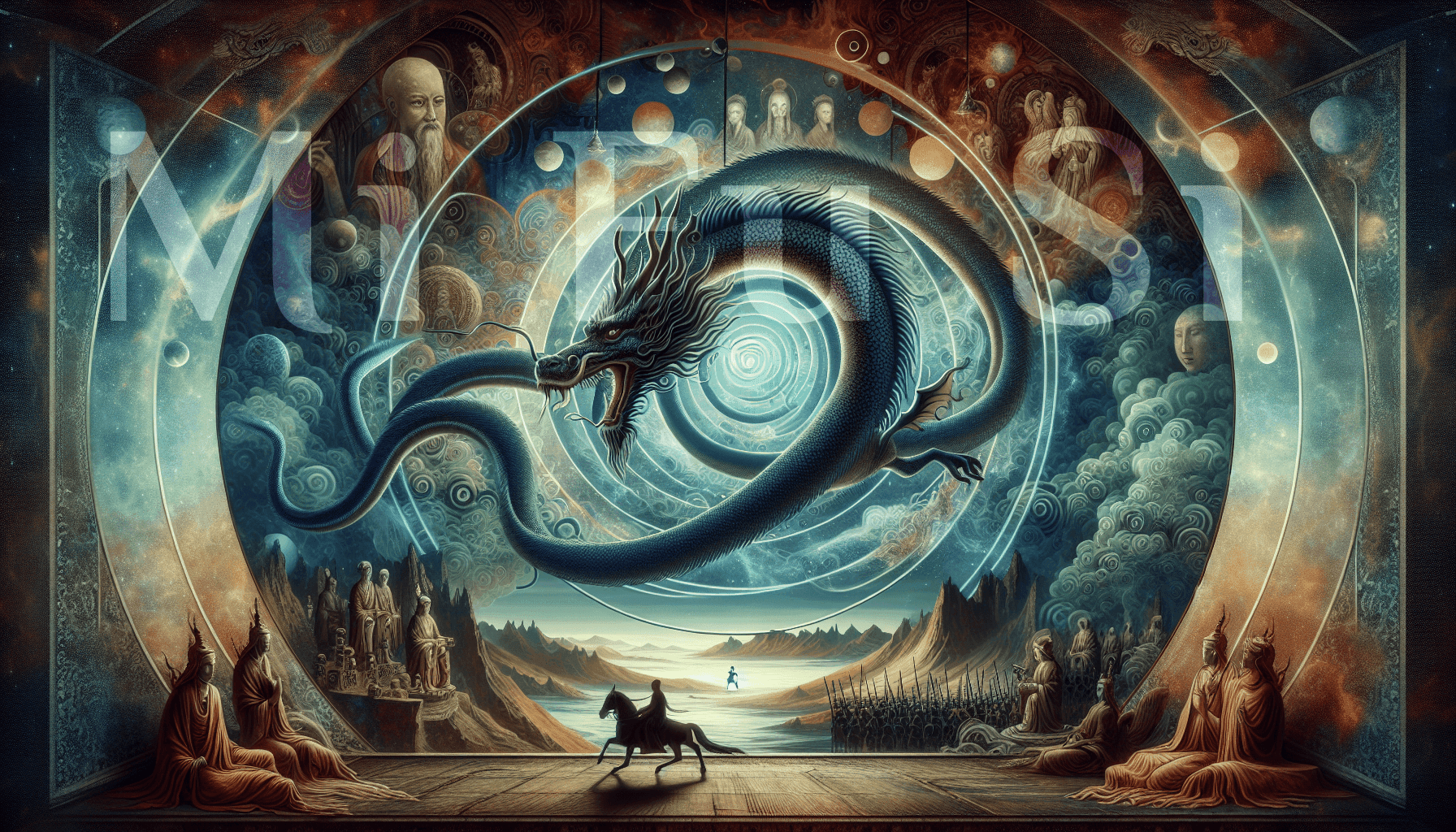Why doesn’t the Buddha appear to save humanity?
Divine dragon: head hides endless tails depicts an immensely grand divine entity to the extent that even if one sees its head, its tail remains unseen. This imagery is a profound metaphor for the unfathomable nature of enlightened beings, Buddhas, Bodhisattvas, and their intricate relationship with the human world.
In the spiritual realm, Bodhisattvas and divine beings only engage with those who have a connection, leaving only a handful aware of the spiritual domain. Amidst the worldly chaos and deception, enlightened beings remain concealed.
In a world of cruelty and confusion, the Buddha cannot easily reveal himself. Salvation depends on affinity, so the Buddha only aids those who are spiritually aligned; those who reject the path cannot be rescued. Encountering the Buddha would be futile for them; some might even ridicule and disrespect his teachings to showcase their own prowess.
In the past, we witnessed Socrates, the ancient Greek philosopher, sentenced to death by poison. Despite his belief in the divine, he was condemned as atheistic by the standards of his time. Following him was Jesus Christ, crucified on the cross, and then many religious leaders. In modern times, figures like David Koresh were burned alive by the US authorities along with their followers. Teaching and spreading beliefs that contradict the prevailing faith of society are often met with rejection.
Hence, even if the Buddha were physically present, he would choose seclusion. Even individuals with divine insight cannot perceive things clearly due to the imperceptibility and inscrutability of heavenly phenomena. While heavenly signs may indicate the Buddha’s presence, belief in him varies among people. The Buddha, being enlightened, is indifferent to worldly fame and doesn’t seek recognition. Those with affinity will be saved, and only upon fulfilling his celestial mission will the world recognize him as the true Buddha. For example, venerable monks like Master Bo Dai wandered widely, leaving behind verses like:
“Matreya, the true Matreya,
Amidst myriad tribulations.
Throughout the ages, people
Remain unaware of his presence.”
At this moment, people are just realizing that Venerable Bo Dai is an incarnation of the Buddha Maitreya, also known as Di Lac. Or perhaps it’s Venerable Te Dien, who disrupts norms by consuming salt and alcohol, pretending to be insane but is actually a Bodhisattva.
Saints disdain fame and glory, understanding the workings of divine laws, hence they remain hidden from public view. They dislike standing before the world or occupying high positions. Even their virtuous deeds may appear as failures as they conceal themselves to avoid jealousy and harm from others.
Saints act like the giant divine dragon, sometimes visible, sometimes hidden, immensely grand, where seeing the dragon’s head does not reveal its tail. In contrast, ordinary people are like snakes, so their heads and tails are clearly visible.
Related Post
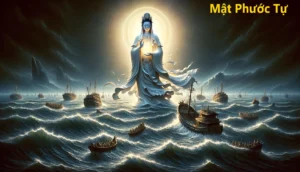
42 THỦ ẤN QUAN ÂM ĐẠI SĨ: CẦU GÌ ĐƯỢC NẤY (PHẦN 2)
All of these spiritual talismans have magic powers and can only be used by those who have been initiated and...
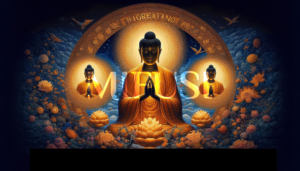
The Four Great Vows
The Four Great Vows Tứ hoằng thệ nguyện by Vosac on Mon Mar 01, 2010 1:35 pm, translated by ngocxuan....
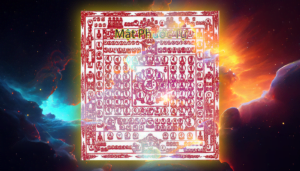
Chapter VI: III – Ucchusma On The Supernatural Power That Stops Hundreds Of Transformations
III. Ucchusma On The Supernatural Power That Stops Hundreds Of Transformations. North India, Samana Ajitasena brought over this Sutra under...

Vision of a detained baby turtle
Vision of a detained baby turtle Linh ảnh về con rùa bị nhốt posted by Hasu on 17 Jun 2017,...
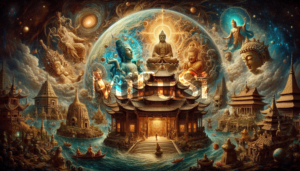
Divine Dwellings: Churches and Pagodas?
Divine Dwellings: Churches and Pagodas? Đền đài có phật không?, translated by Akira. In churches and pagodas, commonly seen as...
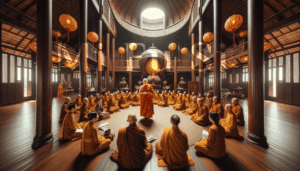
THE SUPERIORITY COMPLEX AND LACK OF TOLERANCE IN A VENERABLE
translated by Dianichi We would like to tell the story of a venerable monk known as the Living Buddha, who...
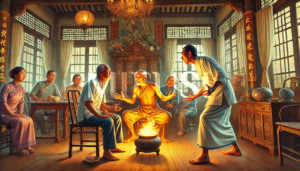
Guided by my departed uncle
Guided by my departed uncle Dear Grand Master and Teacher, Greetings, Duyen Ngo and fellow Dharma siblings, I'm sharing my...
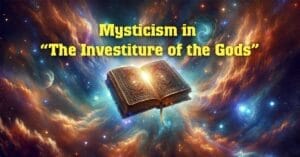
GOOD AND EVIL
The timeless concepts of good and evil are universally addressed by religions and moral institutions, which provide definitive frameworks to...
